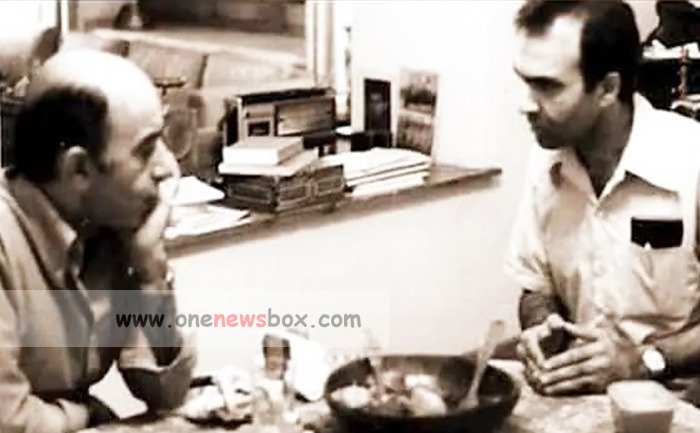During the trial, members of the Palestine Group endured severe torture. One member, Ahmad Sabouri, was coerced into giving a televised confession. In his defense, Paknejad highlighted the use of torture, the execution of political prisoners like Hassan Nikdavoudi, and the regime’s broader campaign of repression. His courtroom statements were smuggled out of prison and widely circulated within Iran and abroad, drawing international attention to the plight of Iranian political prisoners. His defense was translated into multiple languages and published in influential publications, including Jean-Paul Sartre’s “Asr Jadid.”
Revolutionary Influence and Prison Years
Paknejad spent nearly a decade in prison, enduring harsh conditions and repeated torture. Despite these hardships, he forged strong relationships with fellow revolutionaries, including leaders of the Mujahideen and Fedayeen guerrilla movements. His intellectual contributions helped shape the ideological foundations of leftist resistance in Iran. He was particularly close to Bijan Jazani, a key Marxist theorist, and retained personal mementos from him even after his assassination in 1975.
During his imprisonment, Paknejad remained committed to the revolutionary cause, engaging in ideological debates and developing strategies for post-revolutionary Iran. His writings and discussions influenced a new generation of leftist activists who would later challenge the Islamic Republic’s consolidation of power.

